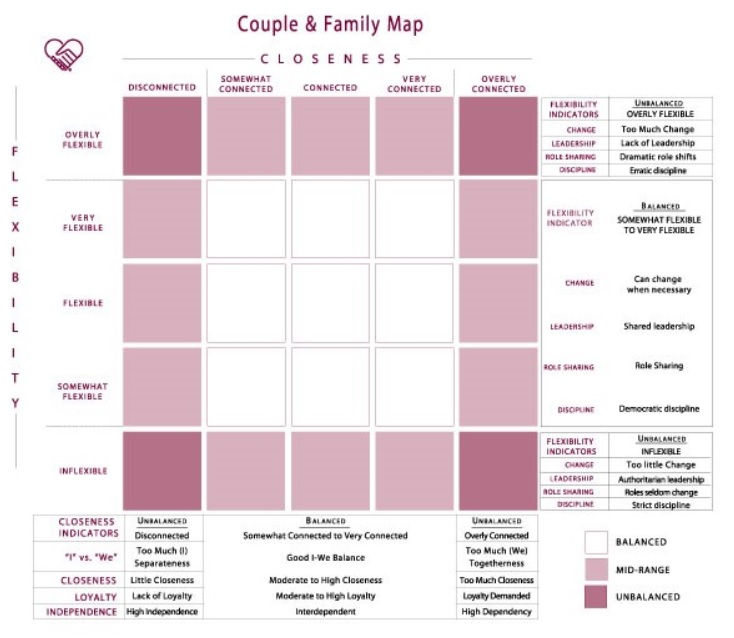How to Navigate an Existential Crisis
- rogerlinpsyd
- Jul 13, 2022
- 4 min read
Here are some working definitions that can help us navigate existential dilemmas.
Existential: To affirm existence. "I exist. I am real."
Existential crisis: A moment when a person questions if their life has meaning, significance, purpose, or value. "Do I exist?"
When do existential crises occur?
An existential crisis can be triggered by a significant life event such as: Trauma, moving, marriage, relational break up, life transitions, a major loss, the death of a loved one, a life-threatening experience, having a baby, adult children leaving home, or reaching a personally significant age (eg., turning 18, turning 40, turning 65).
Identity crisis: In psychology, identity crisis is the failure to have an identity during adolescence (typically between 12-18 years old). As children transition from being dependent on their caregiver to live independently, it is important to ask and answer questions about their identity: "Who am I? Why am I here? What do I care about? What am I living for?" This is a period of uncertainty and confusion where you are questioning and not sure of who you really are.
Mid-life crisis: Typically occurs between 40 - 64 years old when the stark reality of life conflicts with the hopes and dreams that were previously once held. A mid-life crisis is typically triggered by a realization of your shortcomings of accomplishments in life, the lack of satisfactions in your work career, disappointment in your social and intimate relationships, the individuation or the lack of children, aging or death of parents, and your own physical changes due to aging. This trigger leads to feelings of regret and disappointment for goals not accomplished, a fear of humiliation when compared to more successful peers, the desire to be more youthful, risk taking behaviors, and feelings of confusion, resentment and anger due to discontentment with life.
Existential anxiety: Feeling anxious about your existence. You feel worried, scared, terrified, petrified, paralyzed about why you are alive. Worried thoughts may include: "Life is pointless; our existence has no meaning because we all die; What's the point?"
Existential fear: The fear of death. The fear of not having a purpose. The fear of not being alive. The fear of not being real. The fear of having no value.
Existential angst/despair/dread/anguish: If you excessively question and feel anxious about your existence and you keep coming to the conclusion that your life is meaningless, then you start to experience existential angst. You get frustrated at life. You worry about what you are doing and not doing.
Existential depression: You are hopeless because you feel like your life has no meaning.
Existential dilemmas to address:
1. Freedom and Responsibility.
The freedom to make choices comes with responsibility because you cannot blame someone else for what you do. Freedom and choices are related to the issues of free will, predestination, autonomy, and dependency.
2. Death and Limitation.
All human beings die. We all have limitations. The awareness of our certain death and our inabilities can be debilitating, or it can help you live more fully now.
3. Isolation/Solitude/Loneliness and Connectedness.
There is a part of us that craves and enjoys being alone but being alone can leave us feeling lonely. There is a part of us that enjoys being in relationships, yet if you have too much social interaction it can be suffocating.
4. Purpose and Meaninglessness.
We need a reason to live. If we can't find a reason to live, we seek it out, and if we can't find it, we create a reason. If you have a reason to endure adversity, you can cope and grow. If you find life meaningless, especially hardships, then you may live with anxiety, dread, or apathy.
5. Emotions and Life experiences. You are unique. Your exact way of being are unique. Emotions help you understand who you are as you experience life.
Tools to navigate an existential crisis:
1. Be Open.
Explore and be curious to know yourself. Identify your attitudes, assumptions, and beliefs. Ask why, question why you have your attitudes, assumptions, and beliefs. Then be open to consider other attitudes, assumptions, and beliefs.
2. Get perspective.
Study. Research. Learn. Ask questions. Dig deeper. Read, watch, learn about life, about people, about society, about the universe. Take notes and learn.
3. Externalize.
Don't just think on your own. Talk to people and have conversations about what you are thinking. Take notes about what you are learning, experiencing, and thinking. Externalizing your internal world will help you remember information, connect dots, gain perspective and insights, and help you see how you are seeing things.
4. Stop.
You may need to stop certain parts of your life which may be hindering your ability to move forward existentially. Consider relationships, career, hobbies, and habits you may need to change.
5. Choices.
Understand your decision making process. Revisit decisions you have made in the past and understand the thought processes, motives, follow through, and results. Identify and analyze present day decisions you need to make.
6. Authenticity.
The real you. An existential crisis provides an opportunity for growth that no other life situation can. Seek out a fuller, clearer, more satisfying, more fulfilling life.

Comments